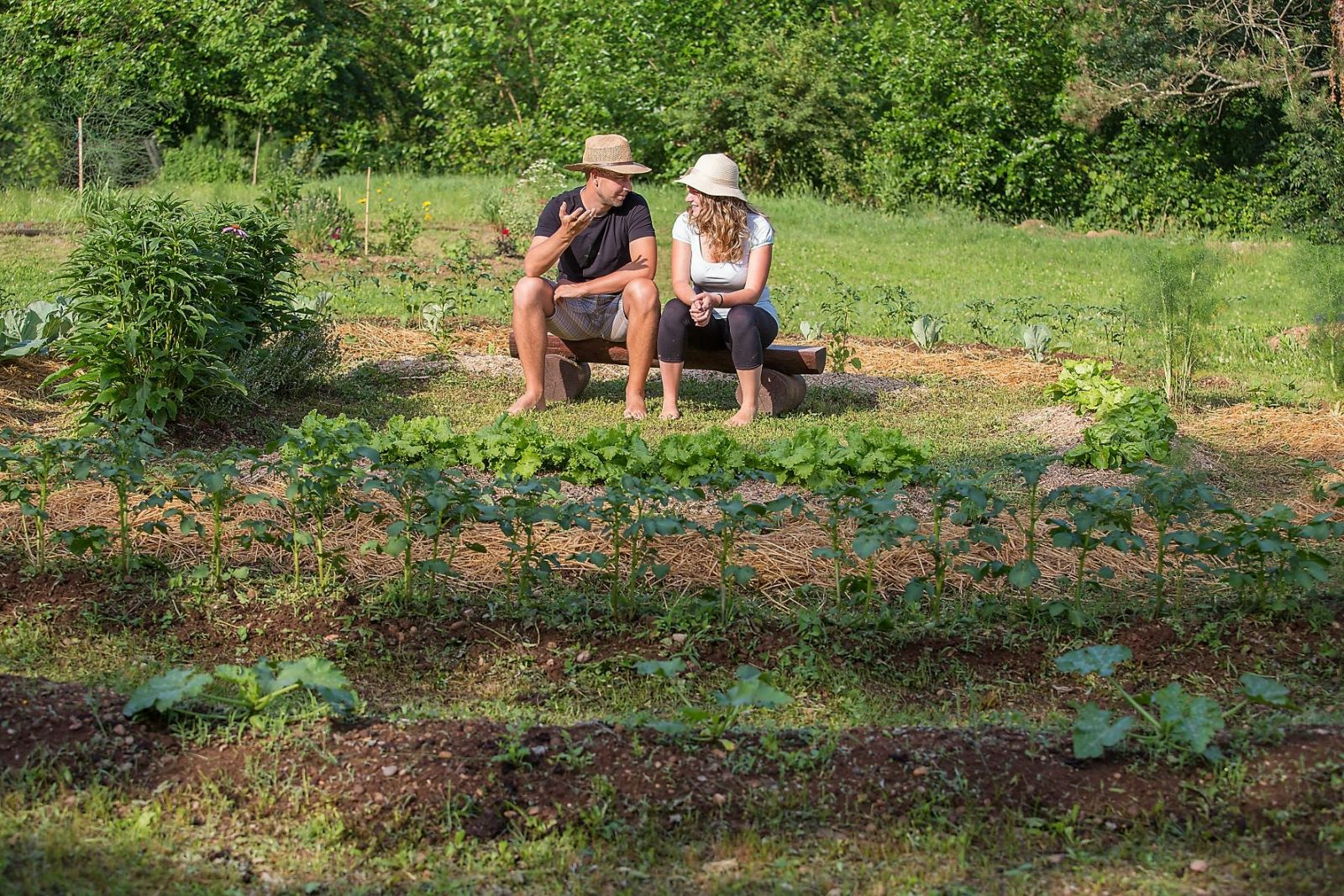Gardening has been proven to make you happy!
Reasons why you should garden
One thing is clear: fresh fruit and vegetables simply taste great. But did you also know that gardening can improve your physical and mental health or that you are contributing to the preservation of species? In this article, we'll show you why gardening makes you and the ecosystem happy.
Gardening strengthens the cardiovascular system
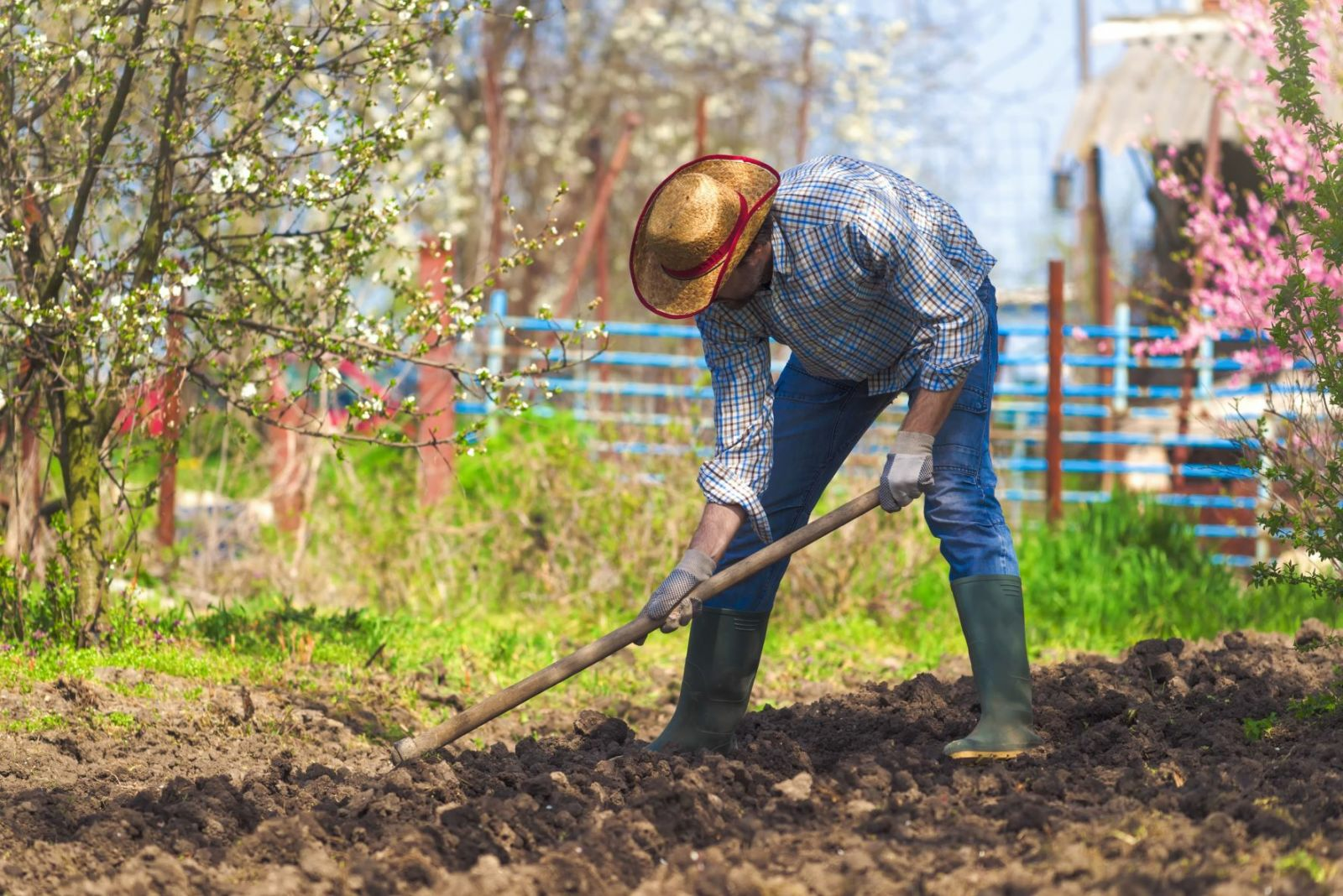
Depending on the activity, gardening is like a mild cardio workout. Gardening can burn between 100 and 500 kilocalories per hour. Exercise while weeding, planting seedlings or trimming hedges strengthens the cardiovascular system, which in turn reduces the risk of high blood pressure, cardiac arrhythmia or other cardiovascular diseases. According to an Australian study (1), these effects were particularly noticeable in older or female people. So, if you work in the garden several times a week instead of going to the gym or jogging, not only will you stay fit, but you'll also get your own delicious vegetables at the same time.
Gardening can alleviate depression and anxiety
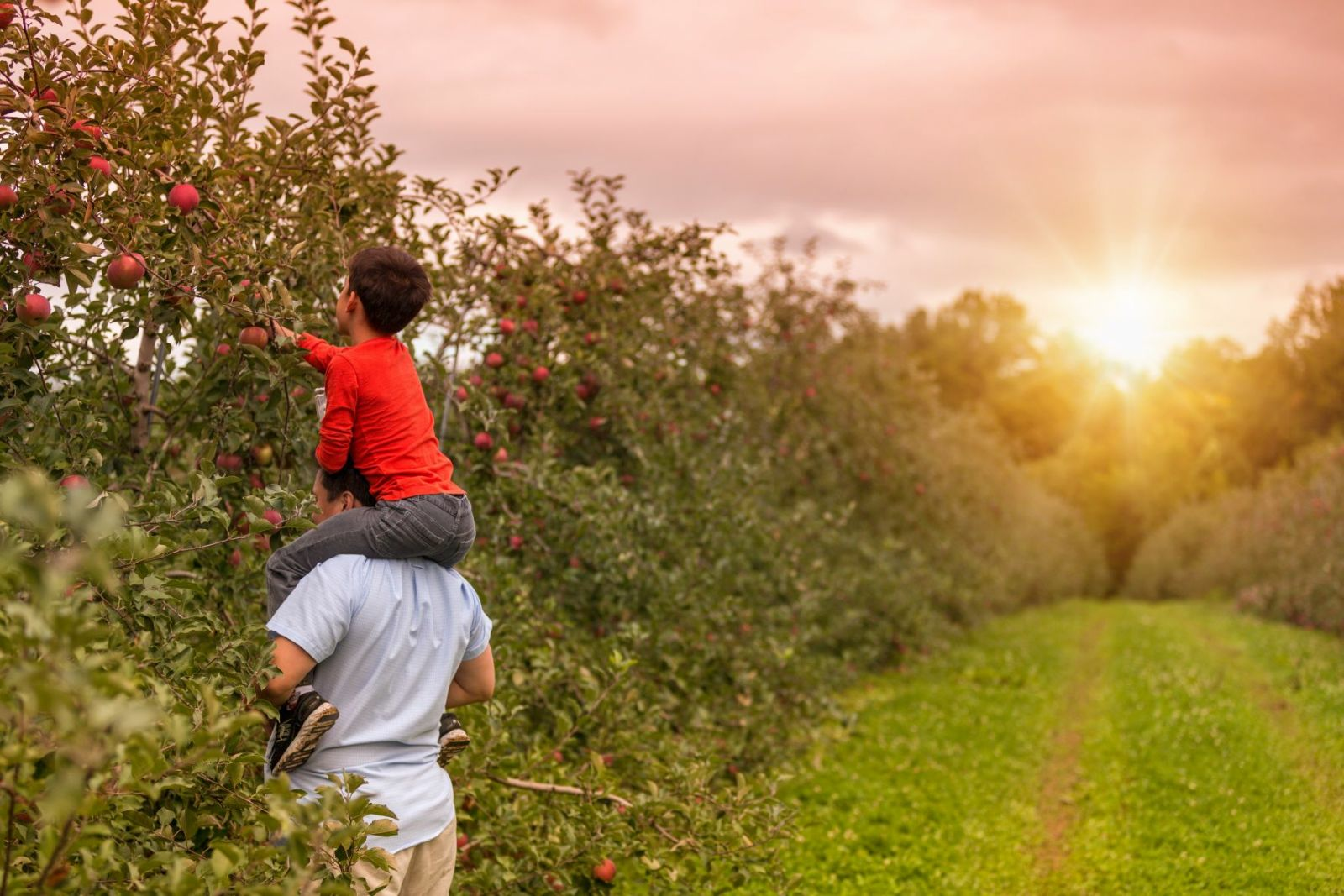
According to a meta-study (2), gardening can even help with anxiety and depression. Other studies show that, in general, daily contact with nature can help with these conditions. Since gardening is one of the most popular ways to interact with nature, gardening offers great potential to reduce symptoms of depression or anxiety. The study showed that gardening reduced stress as well as fatigue or anger in the test subjects.
Gardening improves the quality of life
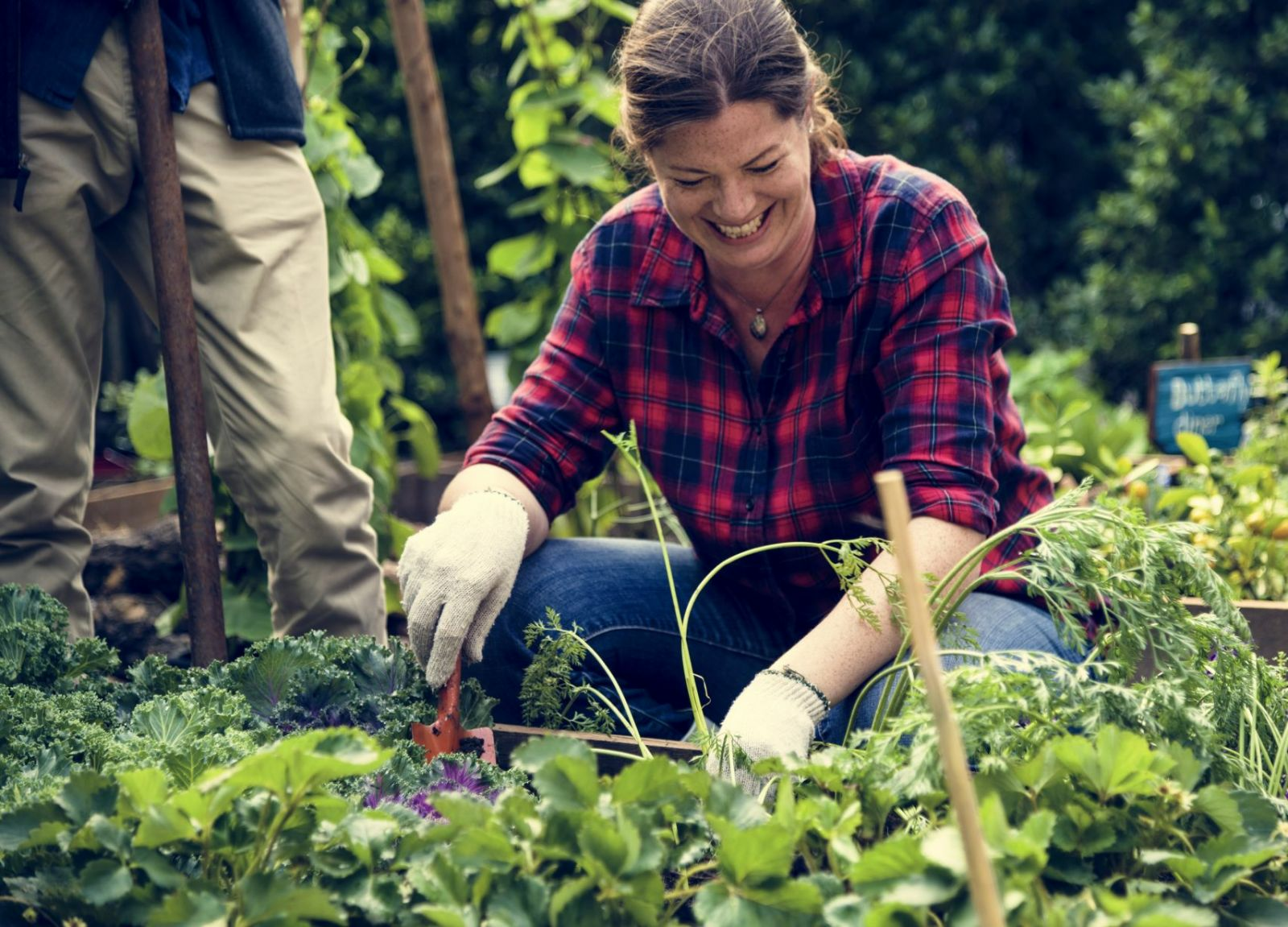
According to the aforementioned meta-study (2), gardening can even improve quality of life. Personally, I find this plausible: you do something meaningful outside and, with a little knowledge or luck, you also get a bountiful harvest. After all, it's really nice to be able to reap the fruits of your labor at the end of the day. We often have jobs where you don't get any tangible results, just numbers on paper. So it's really something special when you can hold your (harvest) successes in your hands for a change.
Gardening helps to preserve "old varieties"
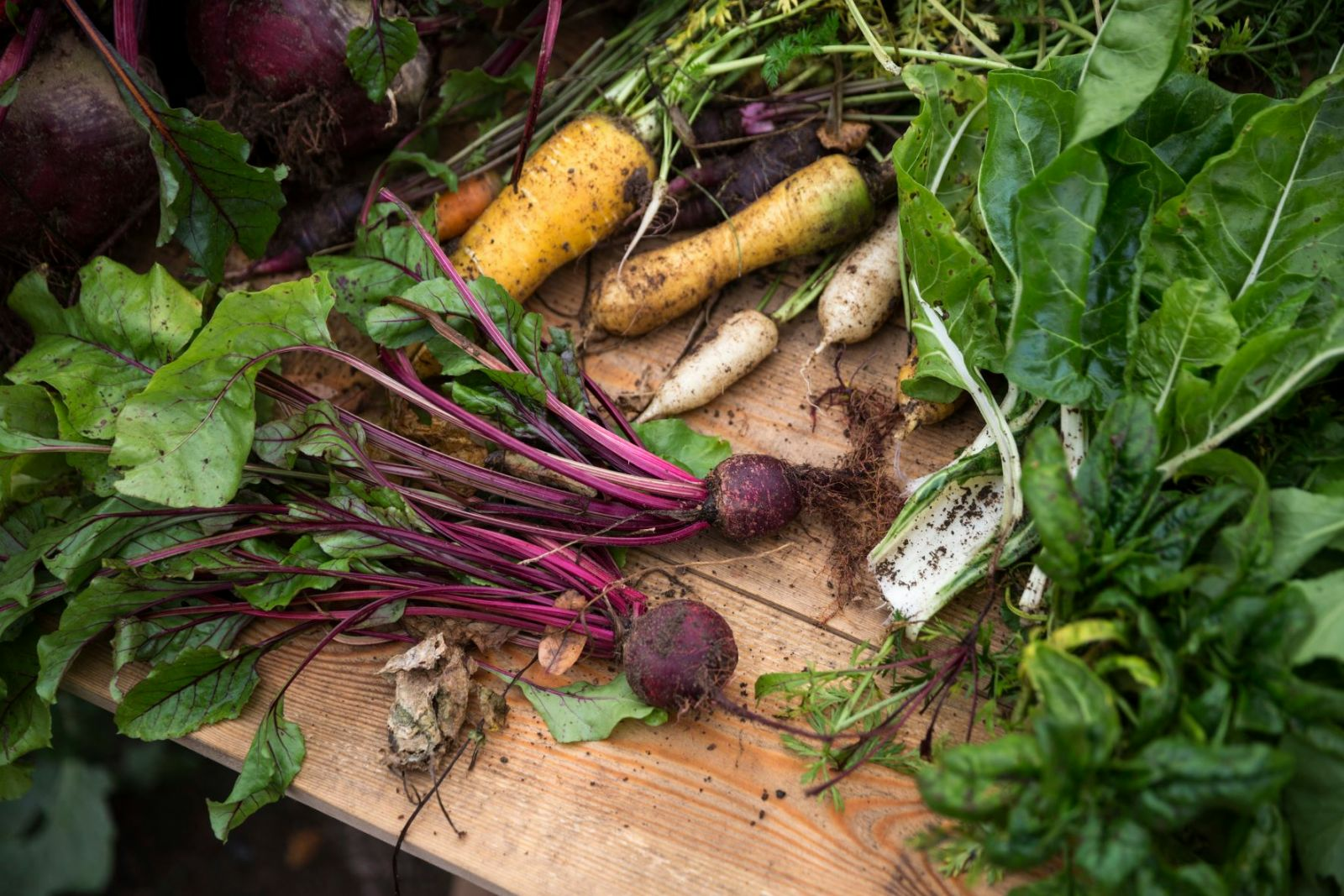
Yes, that's right: if you garden, you can even help to preserve old fruit and vegetable varieties. This is really important because old varieties often contain genes that can help with the breeding of new, resistant varieties. It is therefore possible to use the "old" genetic material to breed varieties that are better able to withstand pests, diseases or climate change. Find out more in our article on old varieties.
Gardening helps to protect species
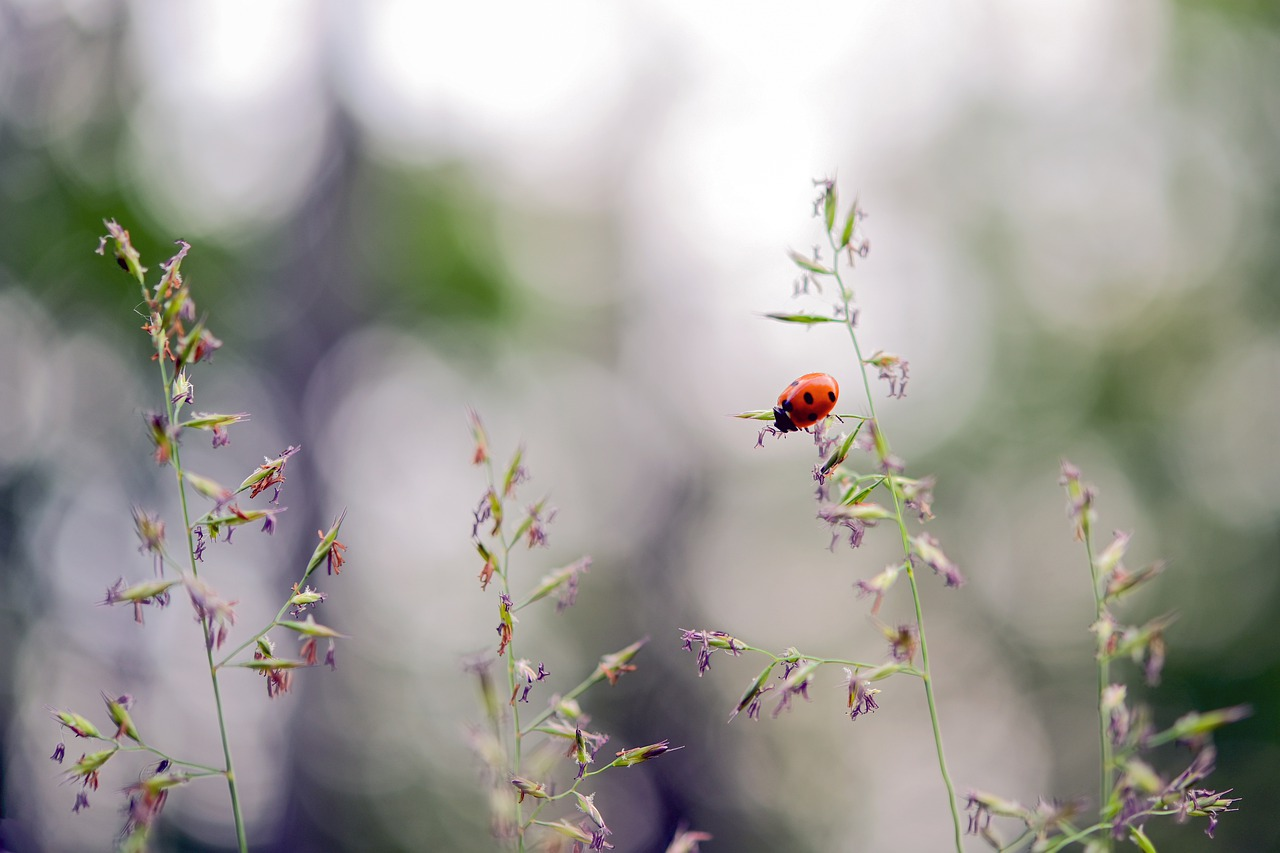
Not only can old vegetable varieties be preserved through gardening, but many animal and plant species can also find shelter in your garden. You've probably already noticed: We are currently in the midst of a huge species extinction. Not only insects are affected, but also some bird and plant species. It is not only the use of pesticides that plays a role here, but also the development of natural areas and the inbreeding of a population because individual habitats are separated from each other (for example by cities). You can help with the last point in particular, the demarcation of biotopes! Imagine a city as a barrier of stone and concrete in which many birds and insects find neither food nor a place to hibernate or spend the night. Plants have nowhere to germinate and no suitable conditions to grow. If a few people were to create small, near-natural gardens throughout the city, a "road" for animals and plants through the city could be created. In this way, species on one side of the city could come into contact with species on the other side of the city and their habitats would be reconnected. So be sure to leave a small space in your garden where a little bit of "wilderness" reigns. You can do this by planting bird- and insect-friendly shrubs or creating a deadwood pile, for example. You can also sow insect-friendly flower mixtures in or around your flower beds. These measures may even attract beneficial insects!
Harvest your own fruit and vegetables!
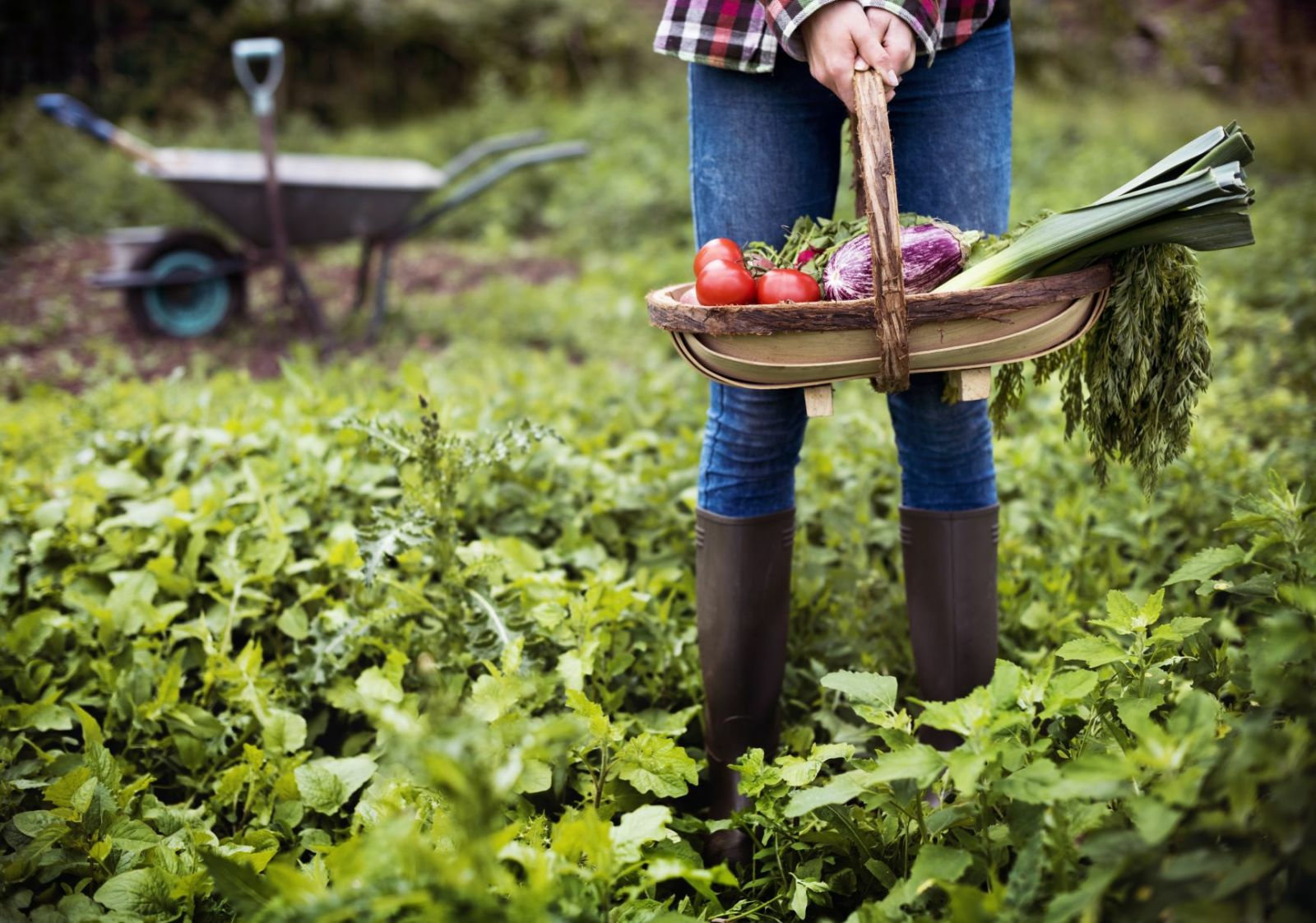
Harvesting your own fruit and vegetables is a thousand times more satisfying than buying all your food from the supermarket. Not only does this increase your appreciation of food, but it can even save you money. After all, regional organic vegetables can be quite expensive. What's more, home-grown food tastes three times as delicious as store-bought food.
Gardening makes for a healthier diet
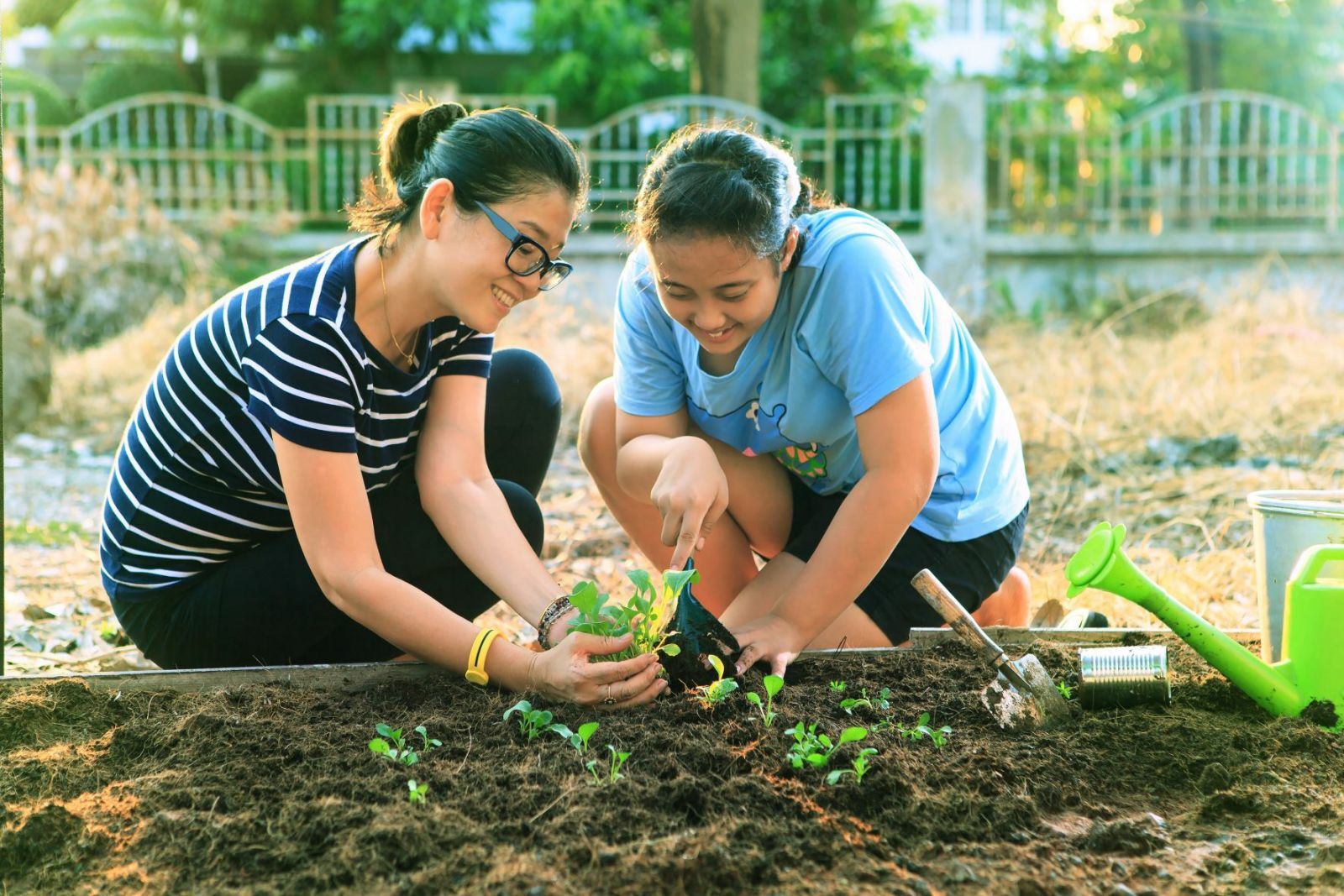
Other meta-studies (3) found that gardening can even improve dietary habits. It was shown that gardening students ate more vegetables than their non-gardening peers. It is possible that this result can also be transferred to adults. After all, gardening not only enables a more conscious approach to food, but also provides access to freshly grown vegetables.
Gardening creates social contacts and promotes a sense of community
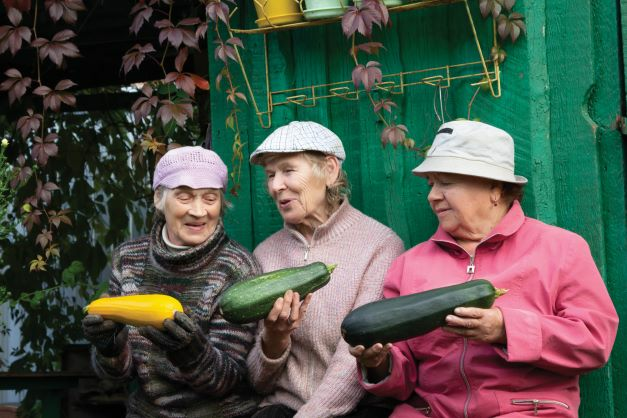
Community gardens are totally practical if you don't have your own garden. They also create opportunities for social interaction and, according to a meta-study (2), promote a sense of community. But it's not just community gardens that can provide company. Interacting with gardening relatives, friends or neighbors can also provide a sense of happiness. Through social interaction with a gardening community, old gardening knowledge can be passed on and thus preserved. This is not only helpful for those new to gardening, but can also make the "old hands" feel good about passing on their knowledge. New things can be tried out together and the joy of success can be shared. You can also find such a gardening community here in the Fryd app. Here you can ask the community of experienced gardeners for help or get great tips for your garden. New articles also provide weekly inspiration for your garden bed.
Sources:
(1) = Kingsley, J., Hadgraft, N., Owen, N., Sugiyama, T., Dunstan, D. W., & Chandrabose, M. (2022). Associations of Vigorous Gardening With Cardiometabolic Risk Markers for Middle-Aged and Older Adults, Journal of Aging and Physical Activity, Volume 30(3), S. 466-472.
(2) = Soga, M., Gaston, K. J., Yamaura, Y. (2017). Gardening is beneficial for health: A meta-analysis,
Preventive Medicine Reports, Volume 5, S. 92-99.
(3) = Langellotto, G. A., Gupta, A. (2012). Gardening Increases Vegetable Consumption in School-aged Children: A Meta-analytical Synthesis, HortTechnology, Volume 22(4), S. 430-445.
